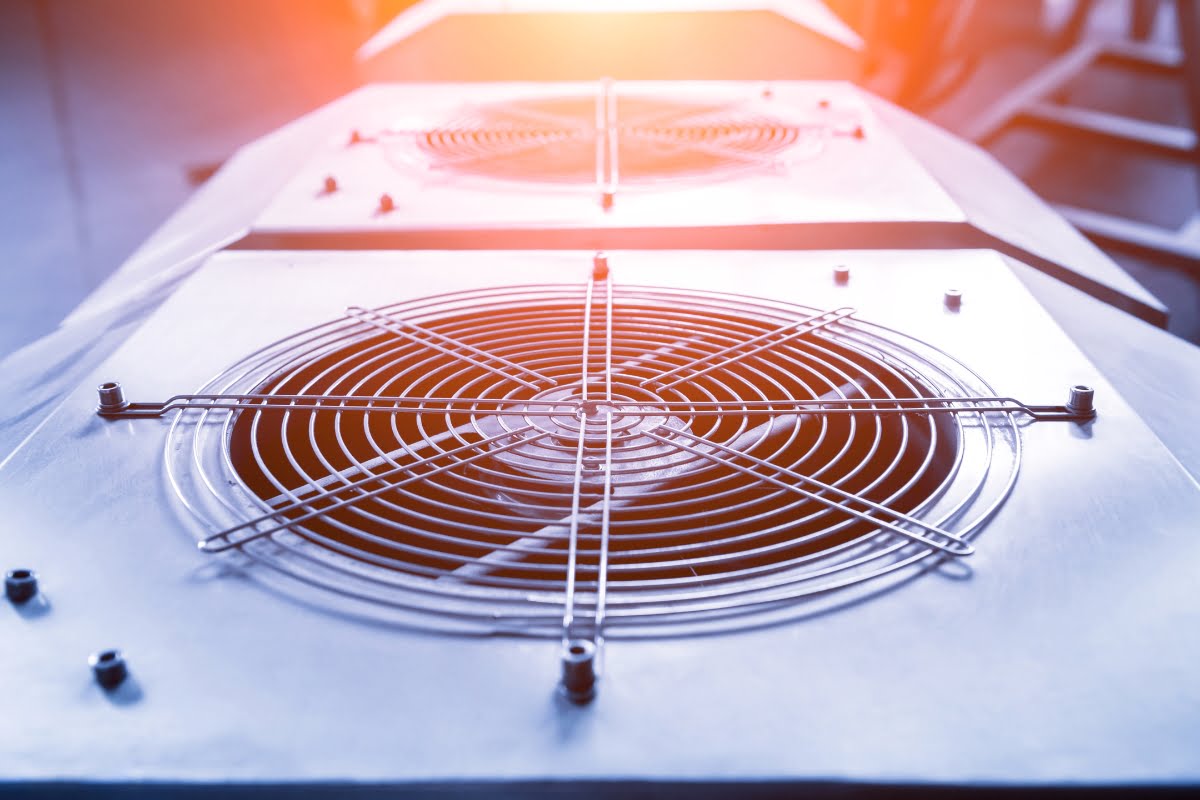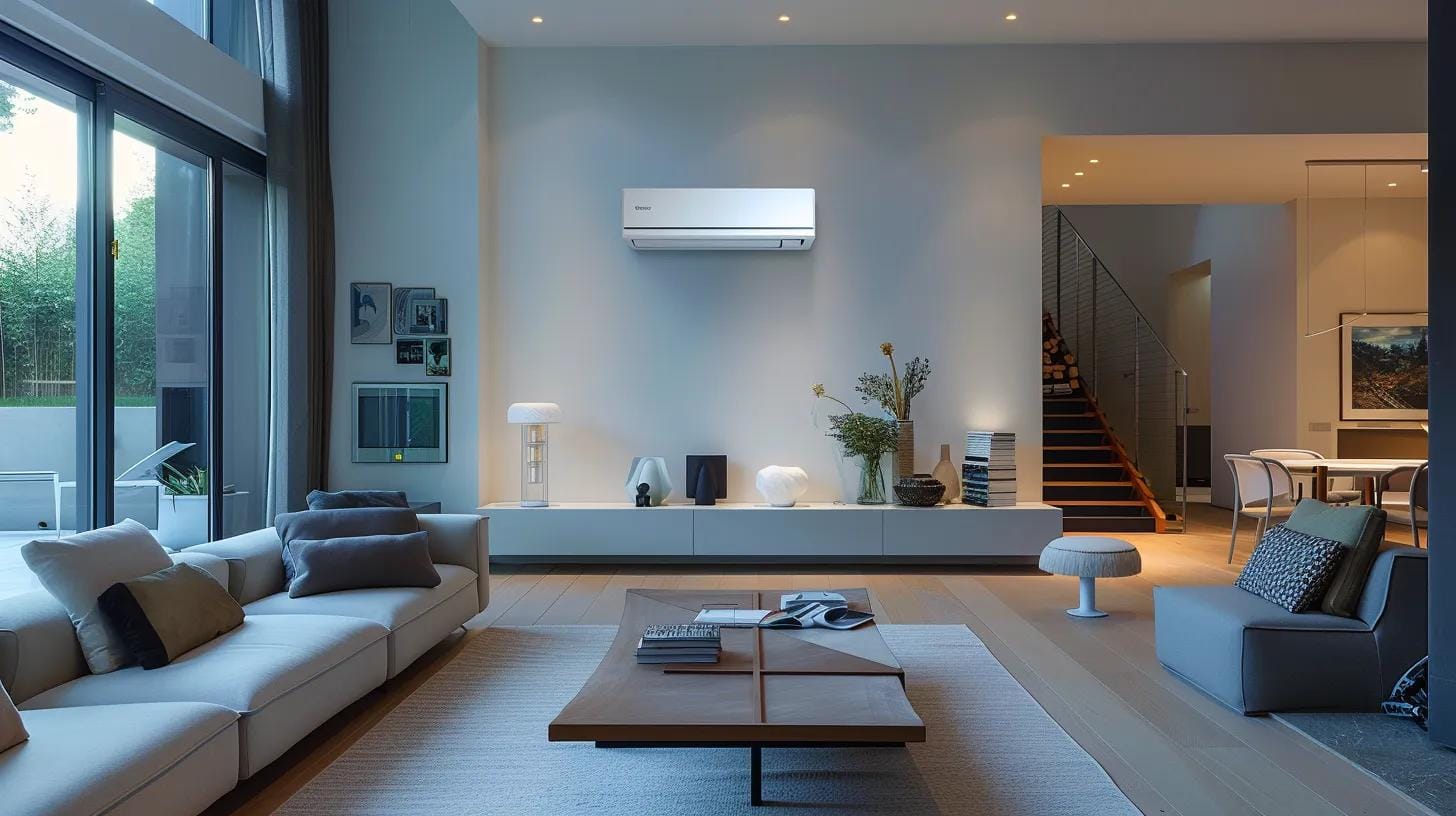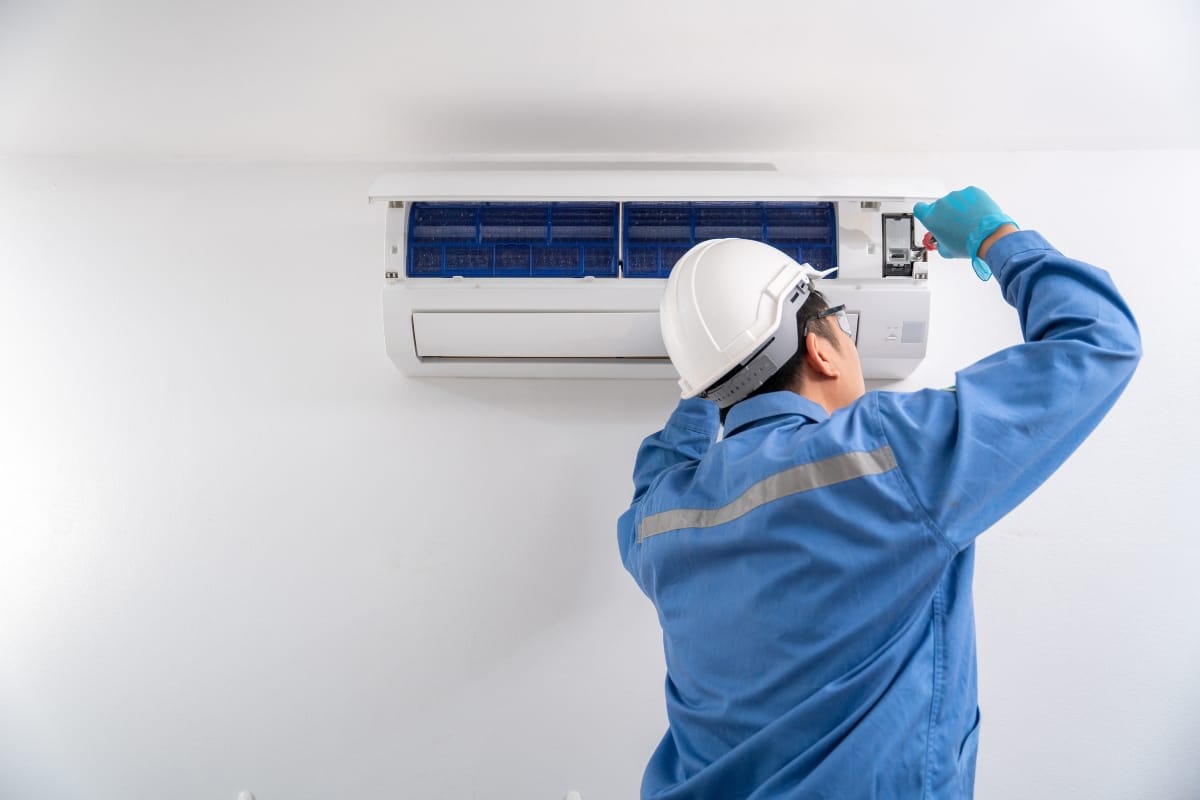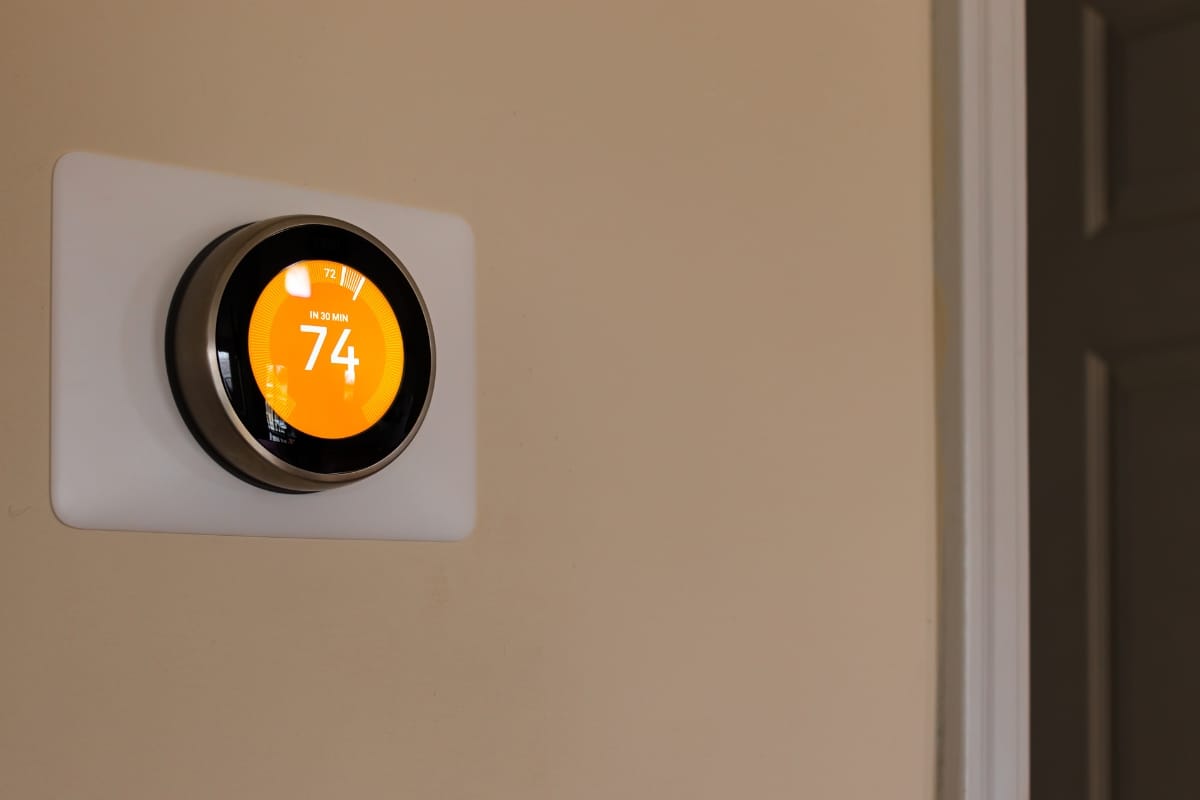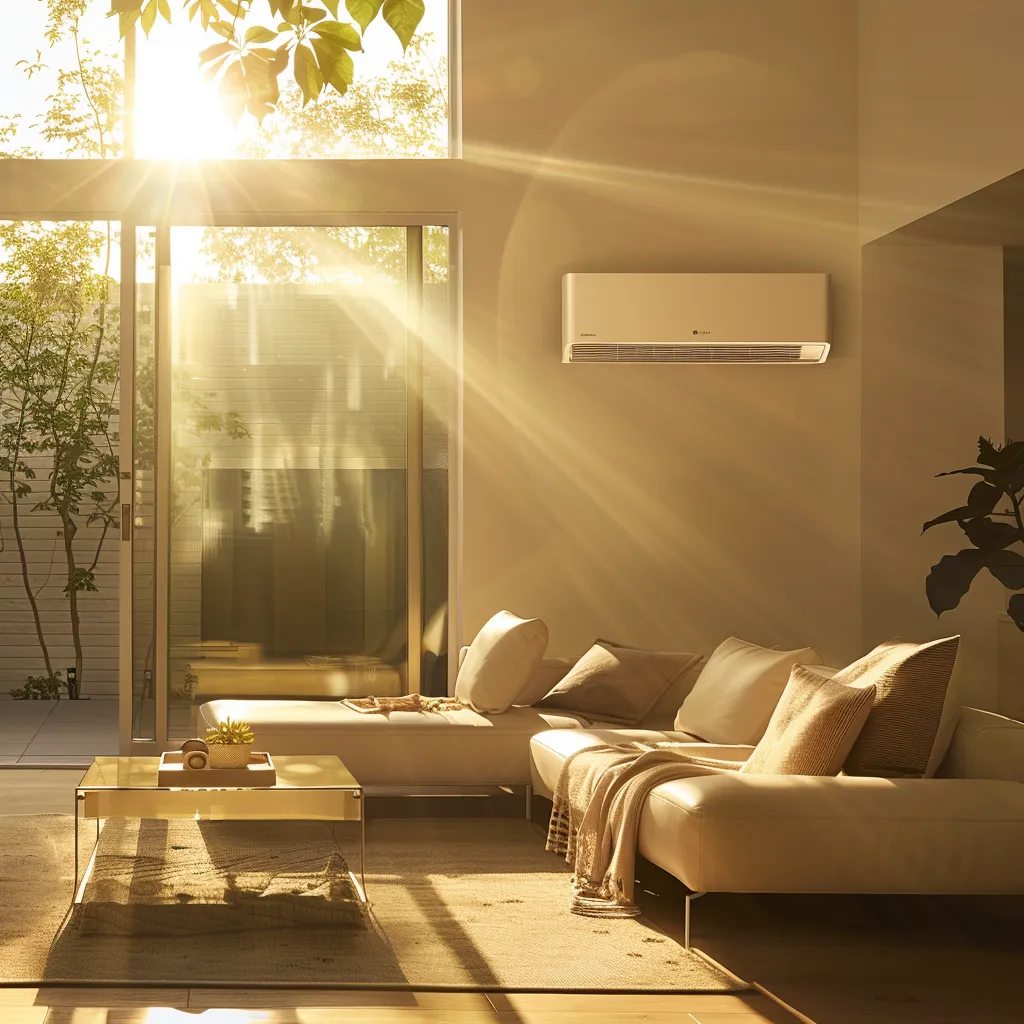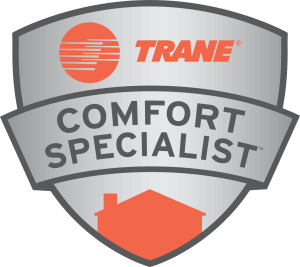Are you tired of constantly cranking up your thermostat during summer heatwaves and shivering under a blanket during winter snowstorms? Have you ever wondered how some buildings manage to stay cozy and comfortable all year round without draining their owners’ wallets?
Well, get ready to have your mind blown as we delve deep into the world of HVAC systems and uncover the secrets behind their energy efficiency. In today’s blog post, we will be breaking down the mysteries surrounding energy efficiency in HVAC systems.
Whether you’re a homeowner looking to reduce your energy bills or an environmental enthusiast passionate about sustainability, this is the guide for you. So, let’s roll up our sleeves, put on our DIY hats, and embark on this journey to uncover the secrets of energy efficiency in HVAC systems.
Unlocking the Power: How to Boost Energy Efficiency in HVAC Systems
The Importance of Energy Efficiency in HVAC Systems
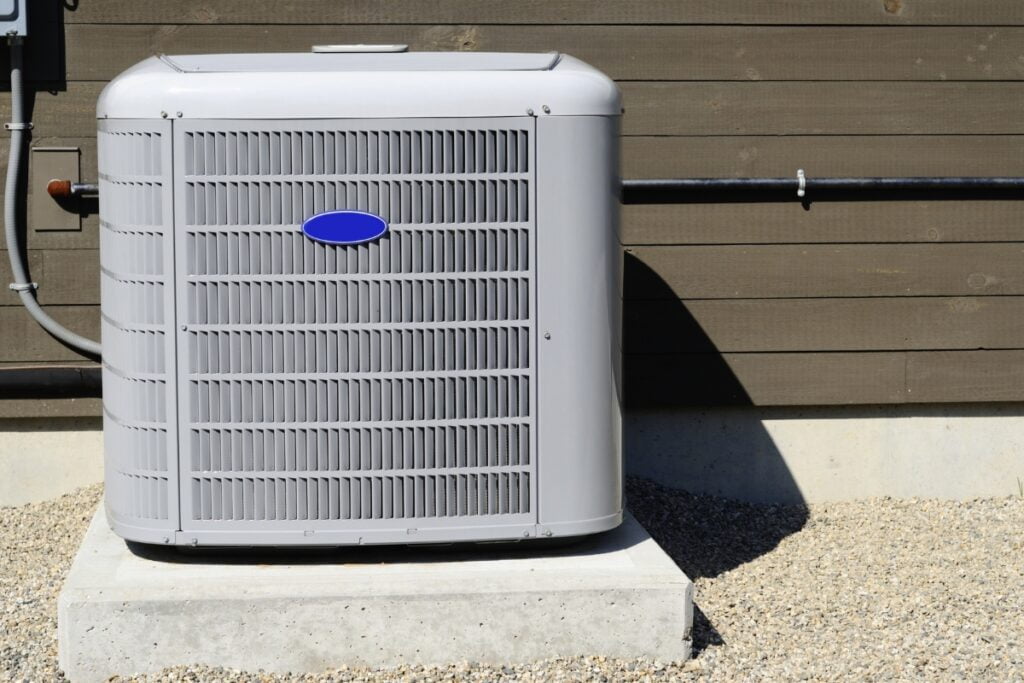
When it comes to HVAC systems, energy efficiency is crucial. Not only does it help reduce your carbon footprint and contribute to a more sustainable future, but it also saves you money on your energy bills. Energy-efficient HVAC systems are designed to provide the same level of comfort while using less energy, making them a win-win for both the environment and your wallet.
One of the key benefits of energy efficiency in HVAC systems is its positive impact on the environment. Traditional heating and cooling methods often rely on fossil fuels, which release harmful greenhouse gases into the atmosphere. By opting for an energy-efficient system, you can significantly reduce your carbon emissions and help combat climate change.
Additionally, energy-efficient HVAC systems can save you a substantial amount of money in the long run. These systems are designed to use less electricity or fuel without compromising on performance. By reducing your energy consumption, you’ll see a noticeable decrease in your monthly utility bills.
Understanding the Components of an HVAC System
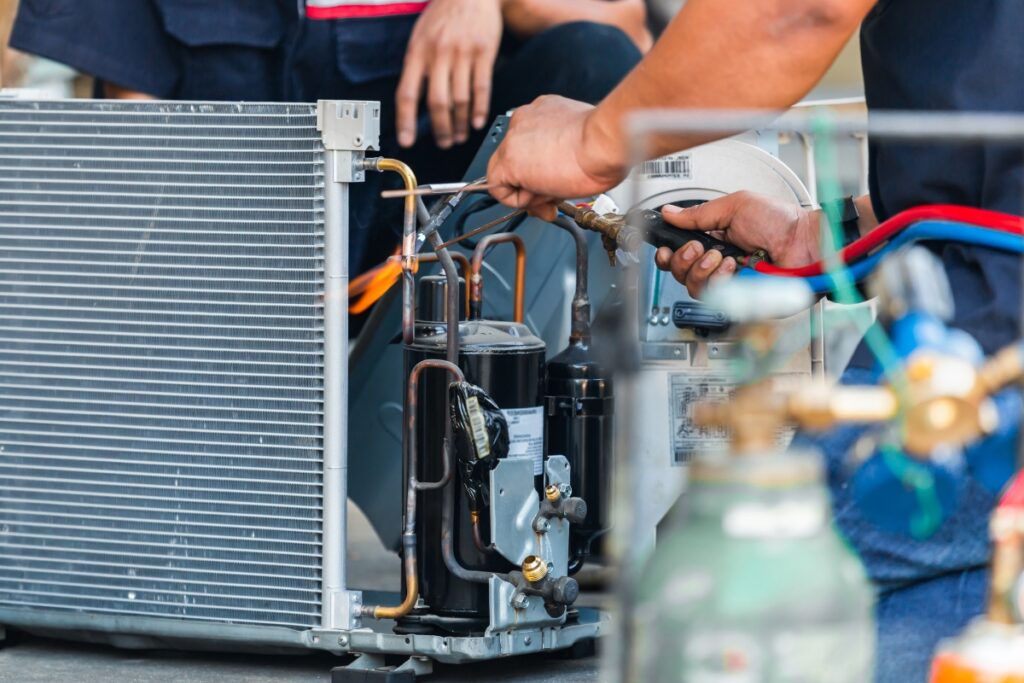
To fully grasp the concept of energy efficiency in HVAC systems, it’s essential to understand their components and how they work together. An HVAC system consists of three main parts: the heating unit, ventilation system, and air conditioning unit.
The heating unit is responsible for warming up your home during colder months. It can be powered by various sources such as natural gas, electricity, or oil. The ventilation system ensures proper airflow throughout your home by circulating fresh air from outside while expelling stale air. Finally, the air conditioning unit cools down your space during hot summer days by removing heat from indoor air and releasing it outside.
How HVAC Systems Cool Our Homes Efficiently
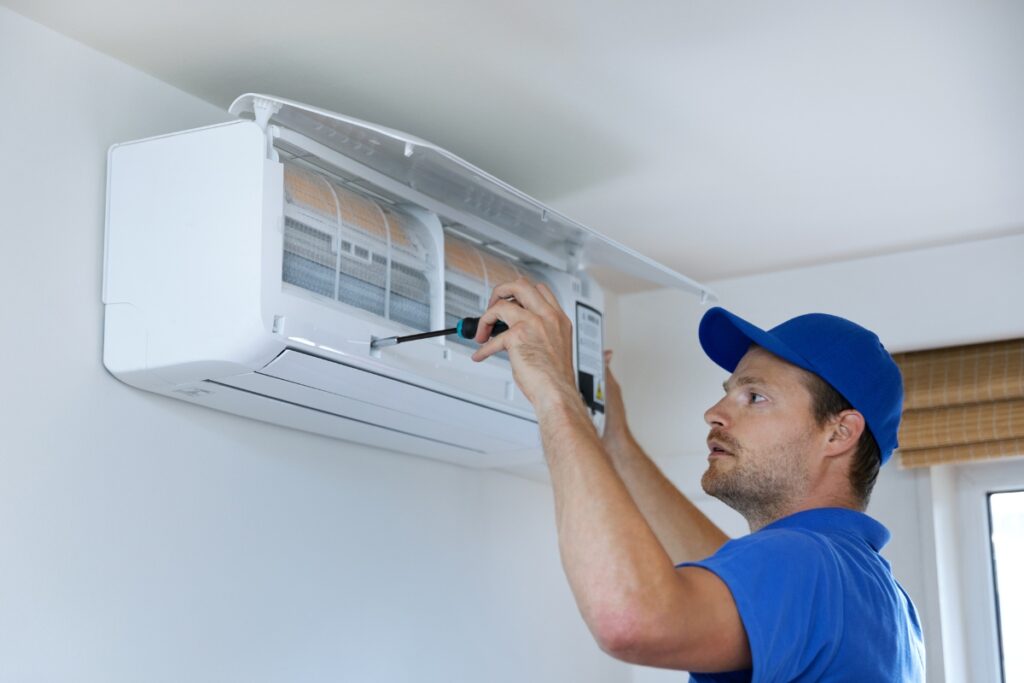
Cooling our homes efficiently is one of the primary functions of an HVAC system. Energy-efficient air conditioning units achieve this by utilizing advanced technologies such as variable speed compressors and smart thermostats.
Variable speed compressors allow the air conditioning unit to adjust its cooling capacity based on the current temperature and demand. This means that the system doesn’t have to work at full power all the time, resulting in significant energy savings. Smart thermostats, on the other hand, enable you to set precise temperature schedules and control your HVAC system remotely. By optimizing your cooling settings, you can avoid unnecessary energy consumption.
How HVAC Systems Heat Our Homes Efficiently
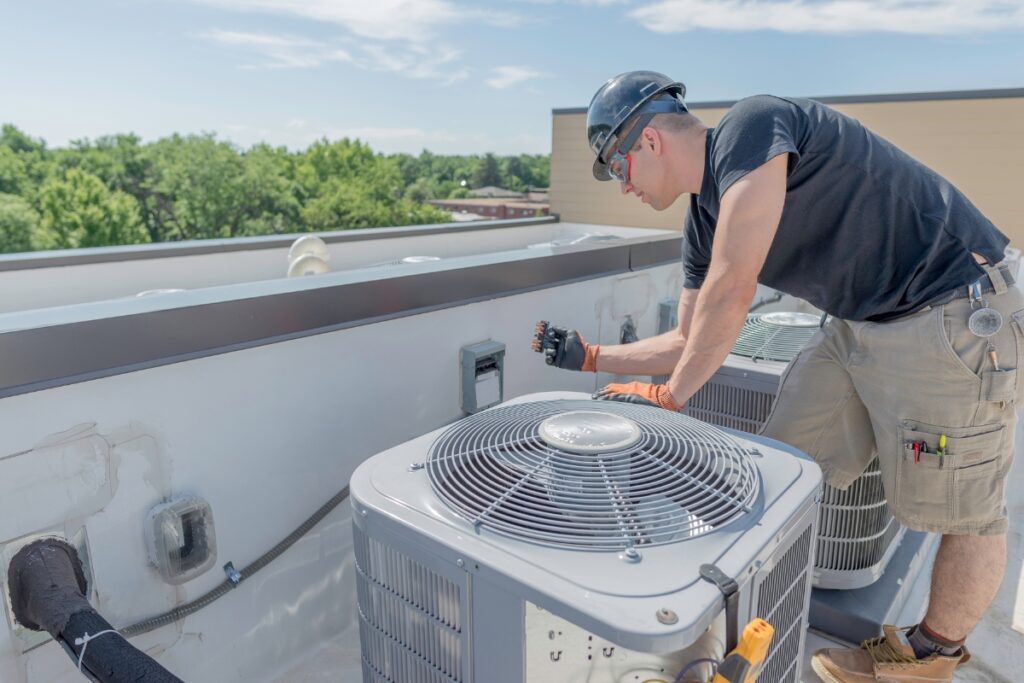
During colder months, an energy-efficient HVAC system ensures that your home stays warm without wasting excess energy. Modern heating units are designed with features like condensing technology and programmable thermostats to maximize efficiency.
Condensing technology allows the heating unit to extract heat from combustion gases before they are released into the atmosphere. This captured heat is then used to warm up your home, reducing fuel consumption and increasing efficiency. Programmable thermostats provide precise control over your heating schedule, allowing you to set different temperatures for various times of the day. This way, you can avoid heating an empty house or running the system at full blast when it’s not necessary.
Common Energy Efficiency Challenges in HVAC Systems
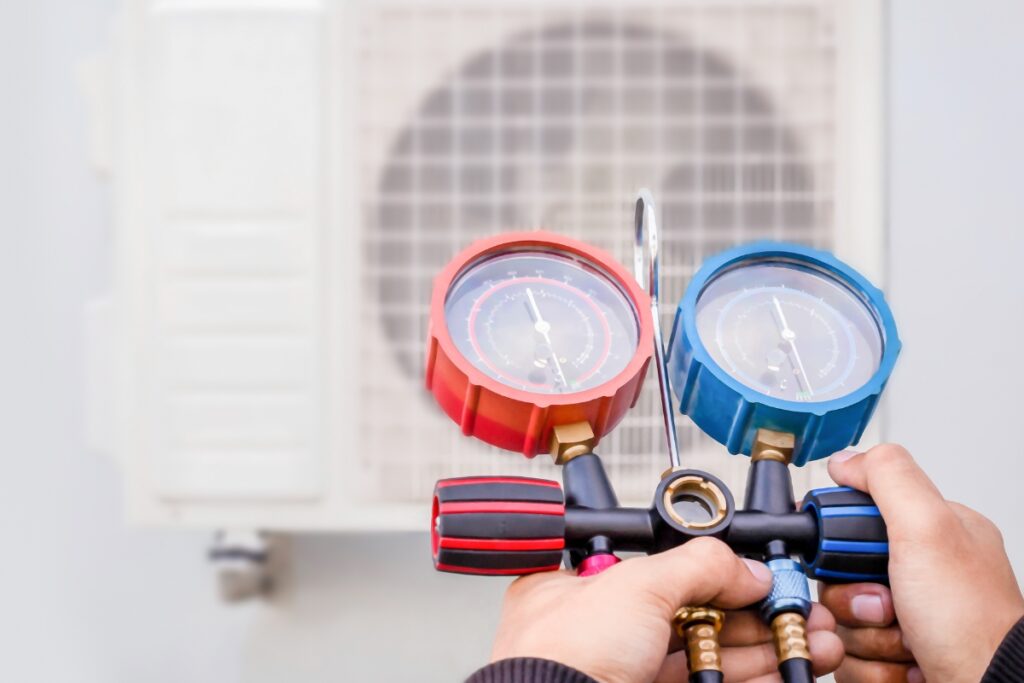
While energy efficiency is a desirable goal for HVAC systems, there are several challenges that can hinder their performance. One common issue is improper installation or sizing of equipment. If an HVAC system is too large or too small for a space, it will struggle to maintain optimal efficiency.
Inadequate insulation is another challenge that can lead to energy wastage in HVAC systems. Poorly insulated homes allow heat or cold air to escape easily, forcing the system to work harder and consume more energy.
Tips and Tricks to Boost Energy Efficiency in HVAC Systems
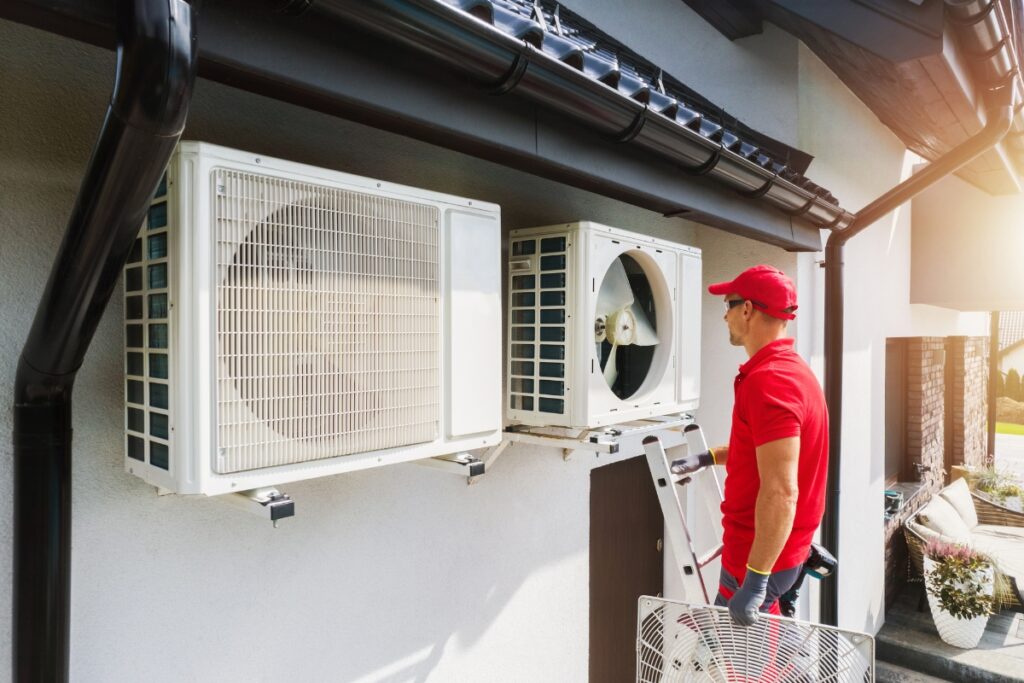
Fortunately, there are several tips and tricks you can implement to boost energy efficiency in your HVAC system. One of the simplest yet most effective ways is to regularly clean or replace air filters. Clogged filters restrict airflow, making the system work harder and consume more energy.
Proper insulation is also crucial for optimal energy efficiency. Make sure your home is well-insulated, especially in areas such as attics, walls, and windows. This will prevent heat loss during winter and keep your home cool during summer.
The Role of Regular Maintenance in Energy Efficiency
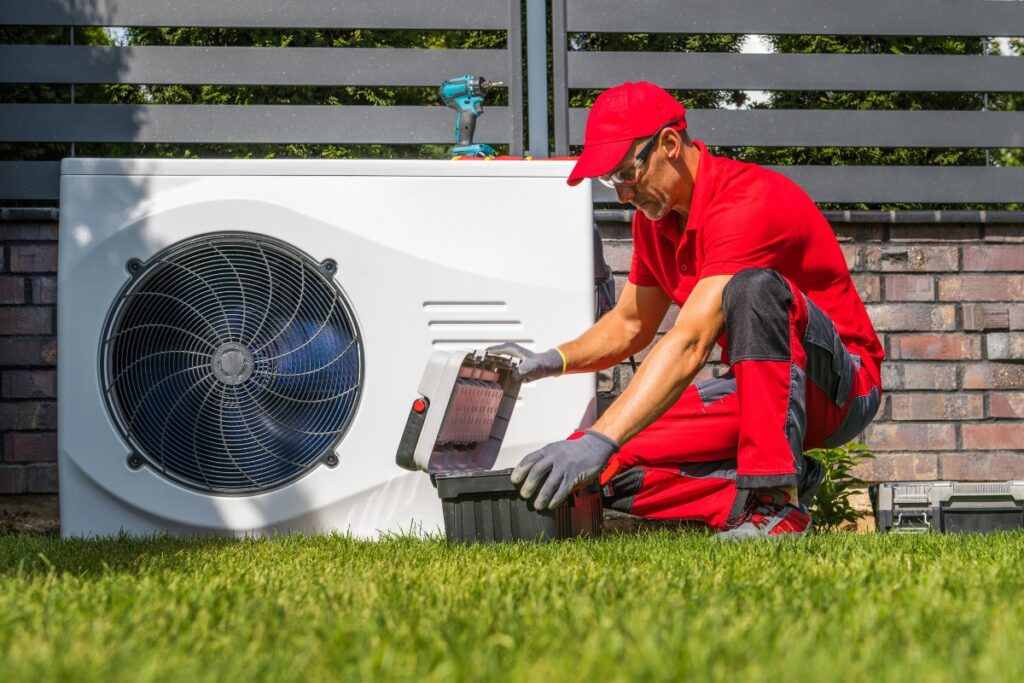
Regular maintenance plays a vital role in ensuring the energy efficiency of your HVAC system. Schedule annual check-ups with a professional technician who can inspect and clean your equipment, identify any potential issues, and optimize its performance.
In addition to professional maintenance, there are some simple tasks you can do yourself to keep your system running efficiently. These include regularly cleaning vents and registers, checking for air leaks around windows and doors, and keeping outdoor units free from debris.
Conclusion: Becoming an Energy Efficiency Champion for Your HVAC System
By understanding the importance of energy efficiency in HVAC systems and implementing the tips mentioned above, you can become an energy efficiency champion for your home. Not only will you reduce your environmental impact, but you’ll also enjoy lower energy bills without sacrificing comfort.
Remember that small changes can make a big difference when it comes to energy efficiency. Whether it’s upgrading to an energy-efficient HVAC system or simply adjusting your thermostat settings, every action counts towards a greener future.
In unpacking the intricacies of energy efficiency within HVAC systems, we’ve highlighted the vital role they play in creating sustainable and comfortable living spaces. As we strive for a greener future, the choices we make today regarding our heating and cooling systems can significantly impact tomorrow’s world.
At CoolPro Heating & Cooling, we are dedicated to implementing energy-efficient solutions that not only optimize performance but also minimize environmental impact.
If you’re seeking to enhance the efficiency of your HVAC system while reducing your carbon footprint, let CoolPro Heating & Cooling be your trusted partner.
Reach out to us at [email protected] or call 770-694-6232 to discover how we can tailor our services to meet your specific needs. Choose CoolPro Heating & Cooling and take a proactive step towards a more energy-efficient and sustainable tomorrow.

